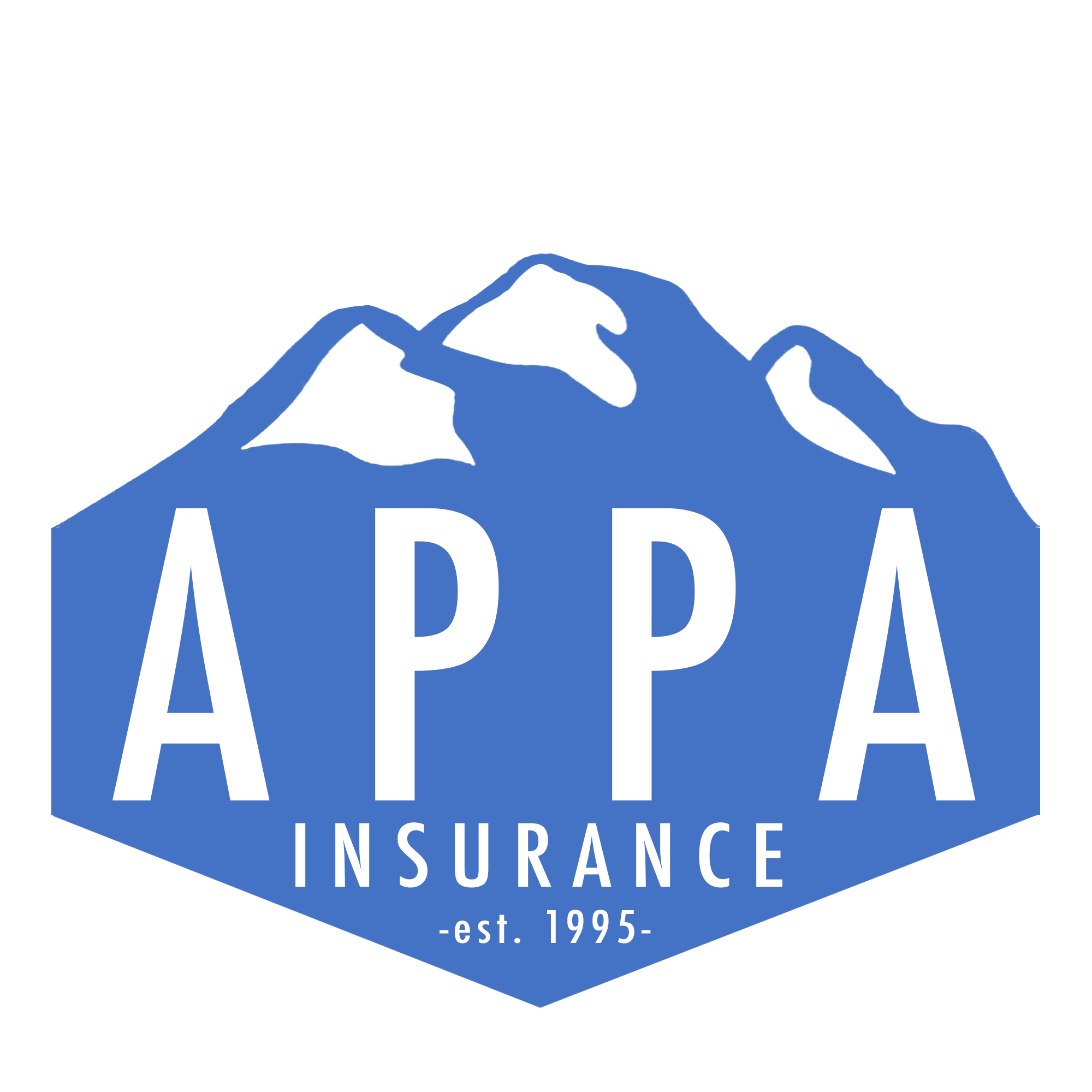
It’s Deer Season…
What does that have to do with you? Typically this time of year, Later October through November, deer activity is heightened. Deer move more during the early morning, through the night, and in the early evening this time of year in the majority of the country, but mainly in Kentucky and the surrounding states.
When deer activity is at its peek during this time of year, so are comprehensive claims from vehicles that have hit a deer while driving or sometimes the deer hits them, but either way, its still a claim and the vehicle is damaged.
How do you handle a deer claim?
If you do happen to hit a deer while driving, you should probably pull over and inspect your vehicle to determine the extent of the damage. If it just appears to be cosmetic damage mostly to the fenders, bumper, headlights, etc., then you can drive it home. If you see any fluids leaking or if any part of the bumper has been pushed into your wheel wells, you will need to call a tow truck to get your vehicle where it needs to go to be repaired.
Once you get the vehicle home or towed to where it needs to go, you want to make sure you get some pictures. You could have done this when you inspected the vehicle after the incident also, which is probably a good idea anyways. If you were able to drive that vehicle home, and after you inspect it once again just to make sure you can drive the vehicle, you can go ahead and call your insurance agent to report the claim. If the vehicle is drivable, you should go ahead and take it to a body shop as soon as you can. By doing this, you will speed up the process significantly with getting your claim taken care of and getting your vehicle repaired. You only have to get one estimate. Don’t try to go to 2 or 3 different body shops unless the damage is close to or not much more than your deductible. If that is the case, you may want to pay for the repairs yourself. Sometimes its better to be out a few hundred dollars than to have that claim on you record. You may ask your agent about that before they turn the claim in for you.
If you had to have your vehicle towed, then you’re going to want to call your agent first thing the next morning to report the claim. What will happen then is an adjuster will have to come look at the vehicle. If the damage is extensive enough, there could be a chance the vehicle may be totaled out. If the vehicle is totaled out, then the insurance company will look at paying you the value of your vehicle and you can take those funds to apply towards another vehicle.
What Coverage Do you Need for a Deer Claim to Be Covered?
The policy coverage you must have for a der claim to be covered is other than collision or more commonly called comprehensive. If you do no have comprehensive on your vehicle that was damaged in the claim, then your policy will not cover hitting a deer. You can actually have comprehensive without collision, and we often recommend clients keep comprehensive for this very reason. If you are considering going to liability only, your vehicle is probably getting close to 10 years old in most cases, and the cost to keep comprehensive on your policy is usually not much at all. If you have full coverage on your vehicle already, then a deer claim would be covered because comprehensive is part of full coverage. You also would want to make sure you having towing coverage on your policy as well if you want your policy to cover the tow bill if you had to be towed.
How to Avoid Deer Claims…
Let’s just face it, if you’re driving in Kentucky, even in certain cities, you have a good chance that you will hit a deer in your lifetime. Remember if you’re driving at night, try to use your bright lights when possible so you can see a wider angle on the roadsides. Keep an eye on the fields and roadside for any eyes that may light up because those are typically deer. If you do see eyes, it’s a good idea to slow your vehicle down in case they do run out in front of you, you can come to a stop or slow down much easier than having your foot on the gas. Please do not swerve your vehicle to try to miss the deer. If you swerve your vehicle, there’s a good chance that you may hit another vehicle or go into a ditch or over a hill, which may cause more damage to your vehicle and you. If you see deer coming towards you, the best option is to slow down.
If you do have a deer claim, I hope this has helped you understand how to hand the claim. Hopefully, these few tips will help you avoid hitting a deer or help keep the damages minor.
